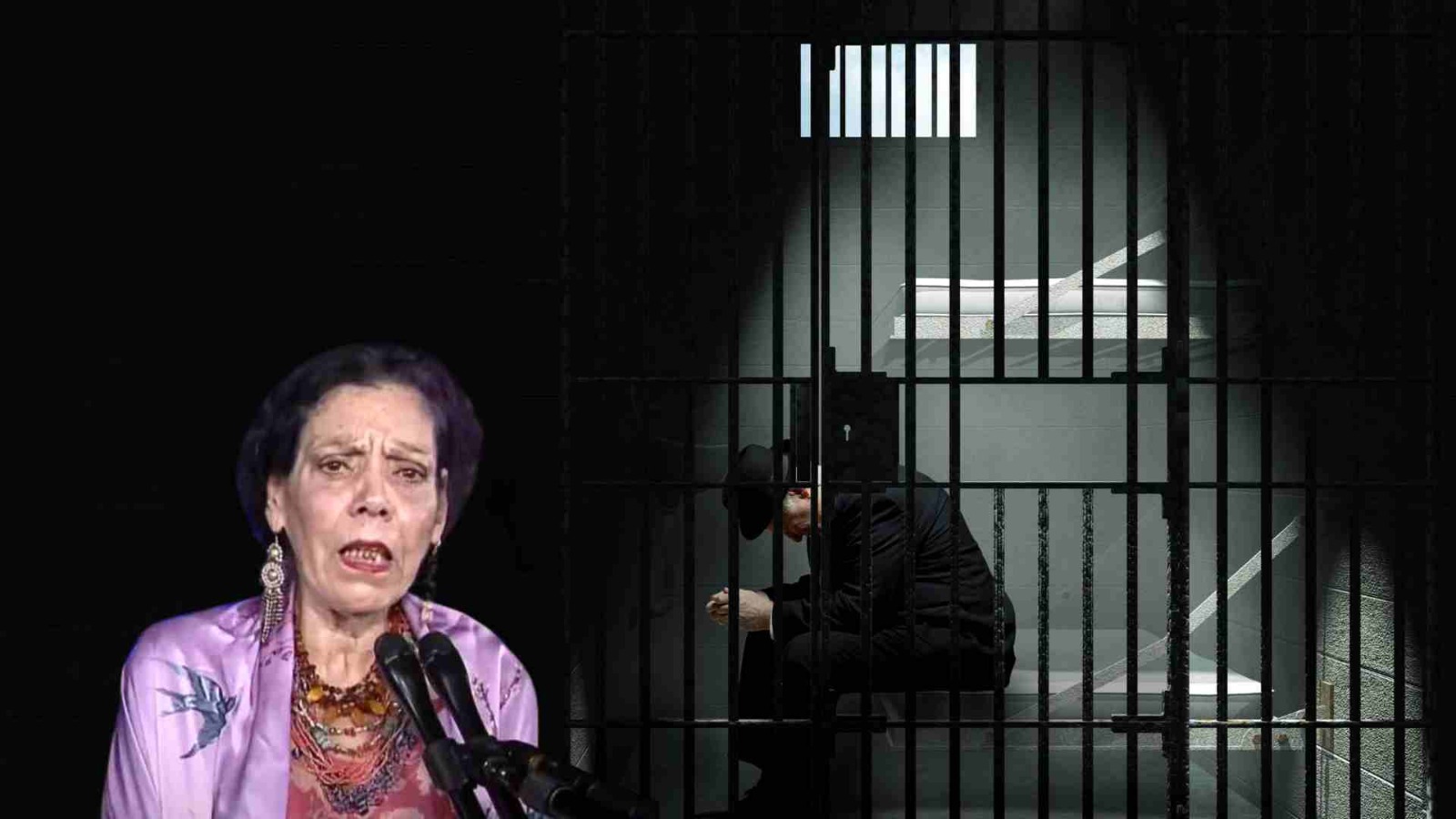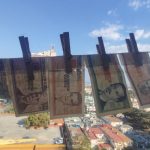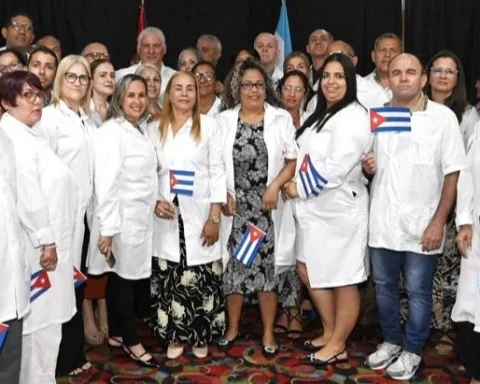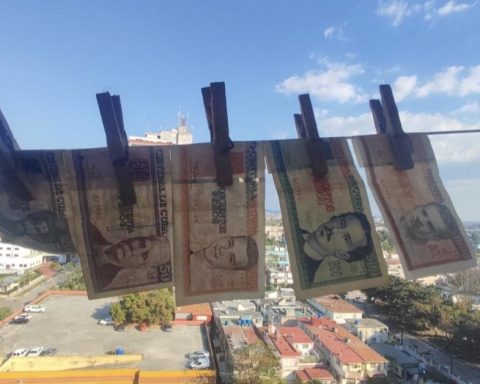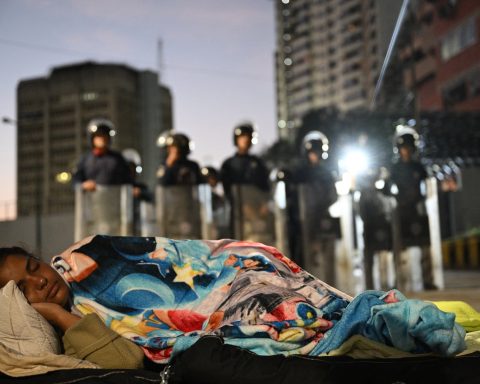The dictatorship of Daniel Ortega and Rosario Murillo has raised the number of Nicaraguans imprisoned for political reasons to 147, of whom 24 are women, according to the most recent update of the list of prisoners of conscience presented by the Mechanism for the Recognition of Political Prisoners.
The independent organization, which monitors the number of political prisoners and their conditions in the Nicaraguan regime’s prisons, notes in its report, updated to June 30 of this year, that up to that date, Ortega had carried out two new imprisonments for reasons of conscience.
As of May 30 of the same year, there were 131 Nicaraguans in political prison status. Now there are 147, including 137 deprived of liberty after the social protests of 2018 and 10 before those events.
Related news: More than 2,100 political prisoners in six years; the Ortega regime still has 138 Nicaraguans subjected to “torture”
The report details that between June 1 and June 30, two new arrests were recorded, and five cases of people who were already detained but not yet recognized as such were added to the list. One person was released from prison.
However, the Mechanism warns that the number of prisoners of conscience may be higher, however, “there is an under-reporting of the total number of people imprisoned for political reasons in Nicaragua due to the lack of access to public information and as a consequence of the environment of repression and threats derived from the police state that prevails in the country.”

In this regard, she denounces that “state repression is also directed at the relatives of political prisoners, at human rights defenders, and at spaces for activism and denouncing human rights violations.”
The Mechanism included in its report the denunciation of a notable increase in reports of “threats and harassment of the population” in Nicaragua, in addition to the “worrying situation in Costa Rica regarding the possible lack of protection of deported Nicaraguans.”
It also emphasizes the “deplorable prison conditions and mistreatment of political prisoners and their families.”
Cruelty to the elderlys and women
According to the monitoring carried out by the Mechanism, 24 of the people imprisoned for political reasons are elderly and 24 are women. In the case of the elderly, they suffer from chronic diseases that are becoming increasingly serious.
“Their lives are in danger. Nine political prisoners have been unjustly detained for 10 years under inhumane conditions, with no respect for their human rights,” the organisation said.
The cruelty and inhumane attitude of the dictatorship in keeping these elderly people in prison has caused them to suffer from ailments such as “hypertension, diabetes, Parkinson’s, allergies” and other diseases that are not adequately treated.
Related news: IACHR orders the State of Nicaragua to release and report the whereabouts of Professor Freddy Quezada
While, according to information known to the Mechanism, in the case of women, at least one is in “confinement in
solitary confinement and at least 10 women in isolated cells.”
The monthly report also states that to date, at least 100 people are subject to “control and harassment visits” and the number of those required to “regularly sign in” has increased.
The Mechanism has also denounced that health conditions in general are “deplorable.” Political prisoners suffer from chronic illnesses such as kidney failure, gastritis, diabetes, hypertension and blindness that do not receive adequate treatment.
In addition, “the lack of professionalism and negligence of prison staff contribute to the deterioration of the mental and emotional health of detainees,” the report states.
